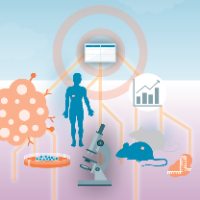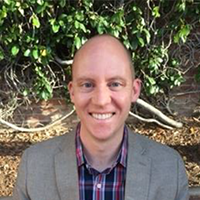Considering the nonclinical toolkit in I–O: assessing safety, understanding the TME & working towards an animal-free future
Immuno-Oncology Insights 2023; 4(1), 69–77
DOI: 10.18609/ioi.2023.011
Published: 17 April 2023
Interview
Róisin McGuigan, Editor, Immuno–Oncology Insights, speaks to Genentech’s Kimberly Homan,Director and Senior Principal Scientist, Complex in vitro Systems Lab, and Aaron Fullerton, Director, Investigative Toxicology, to take stock of the current state of play in the I–O nonclinical space and ask: where are we now, and where are we going?


